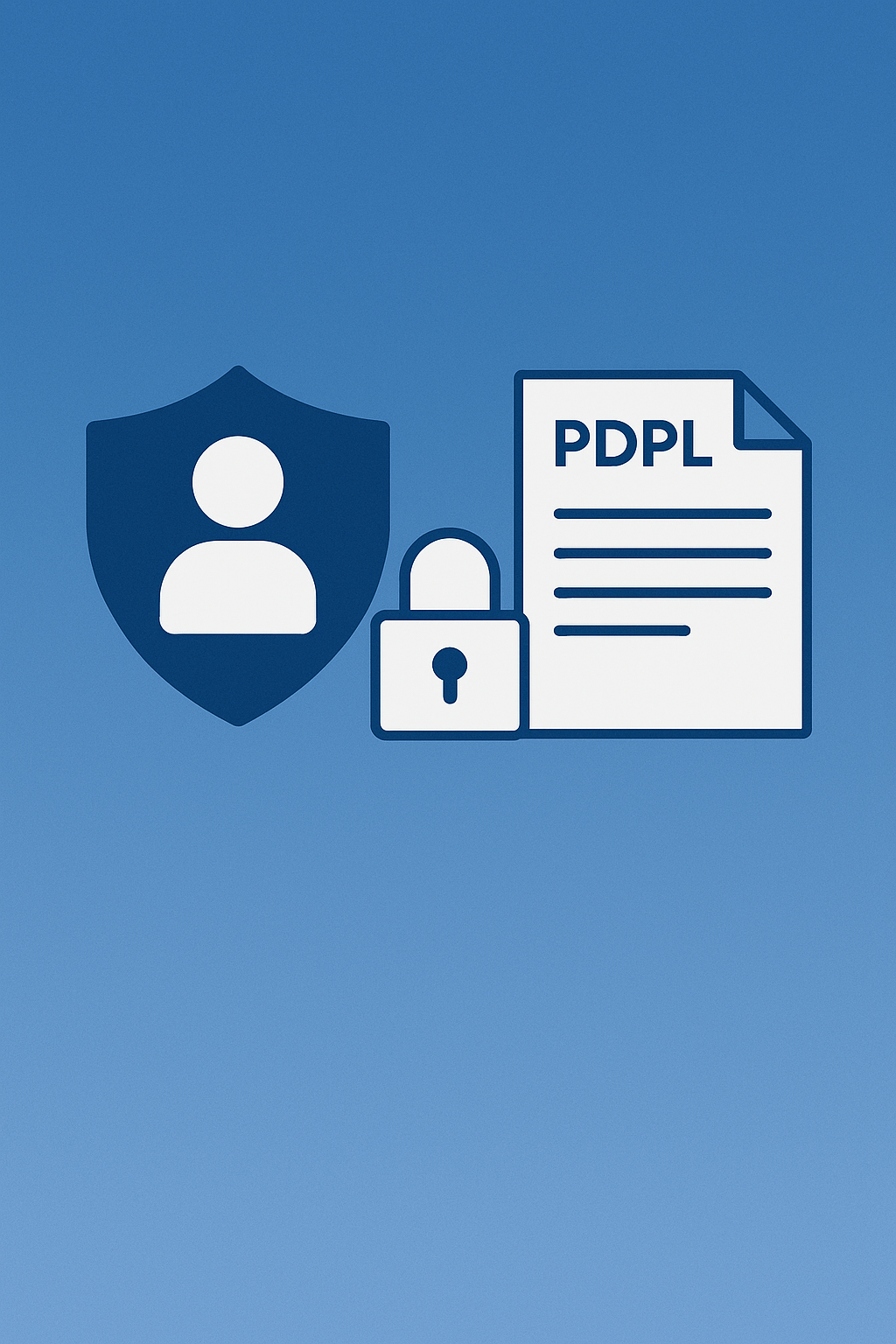



Quantumbastions
PDPL Compliance
PDPL Compliance refers to adhering to the Personal Data Protection Law (PDPL), a regulatory framework designed to safeguard personal data and ensure privacy rights. It outlines how organizations must collect, process, store, and transfer personal information in a lawful, transparent, and secure manner. Compliance with PDPL helps businesses build trust, avoid penalties, and demonstrate accountability in handling sensitive data.


